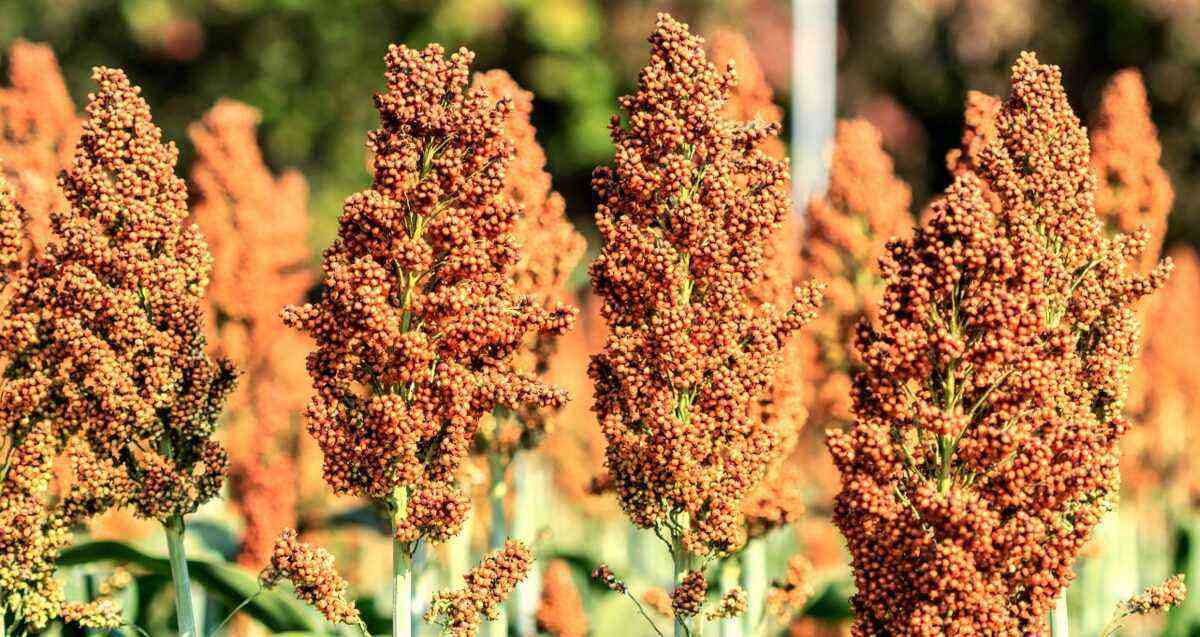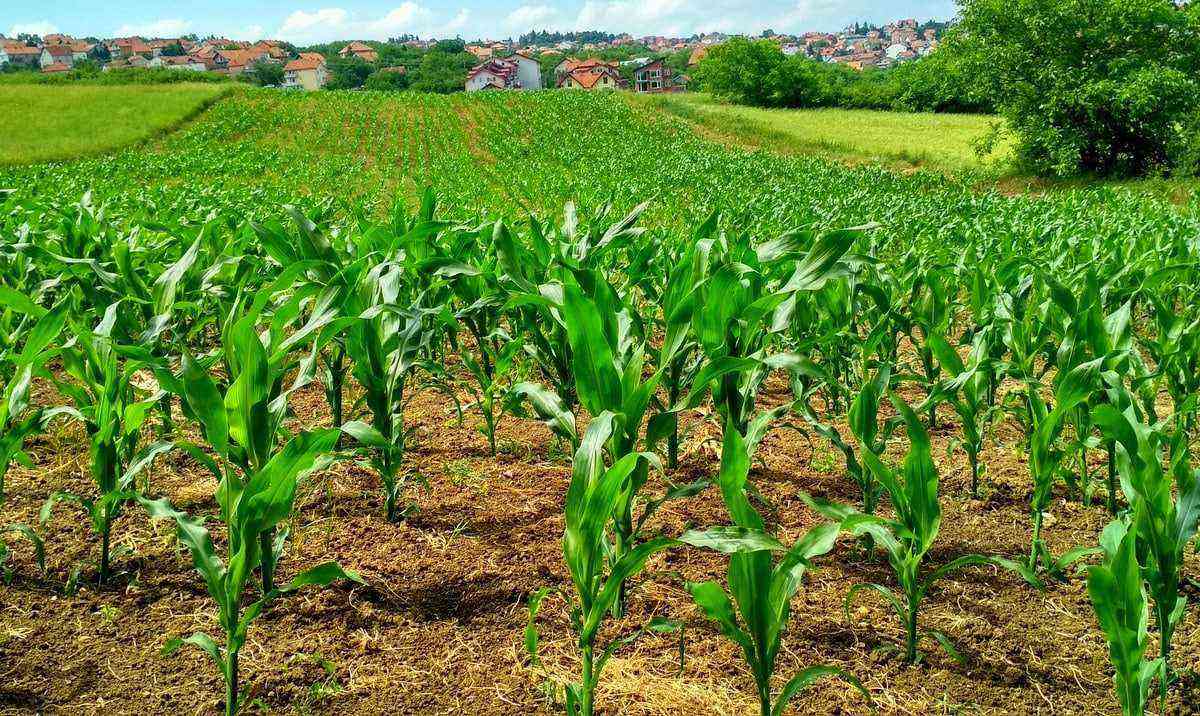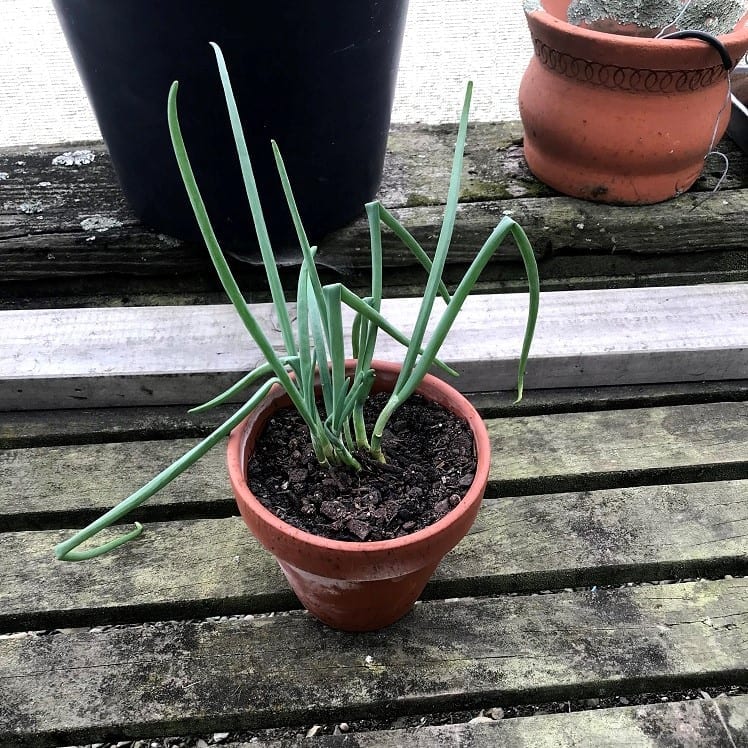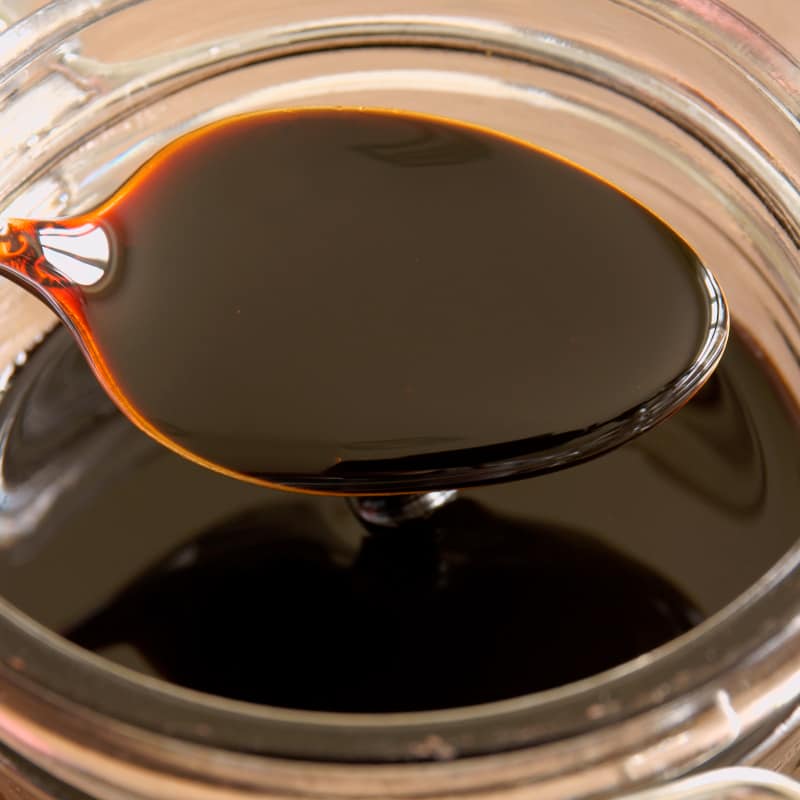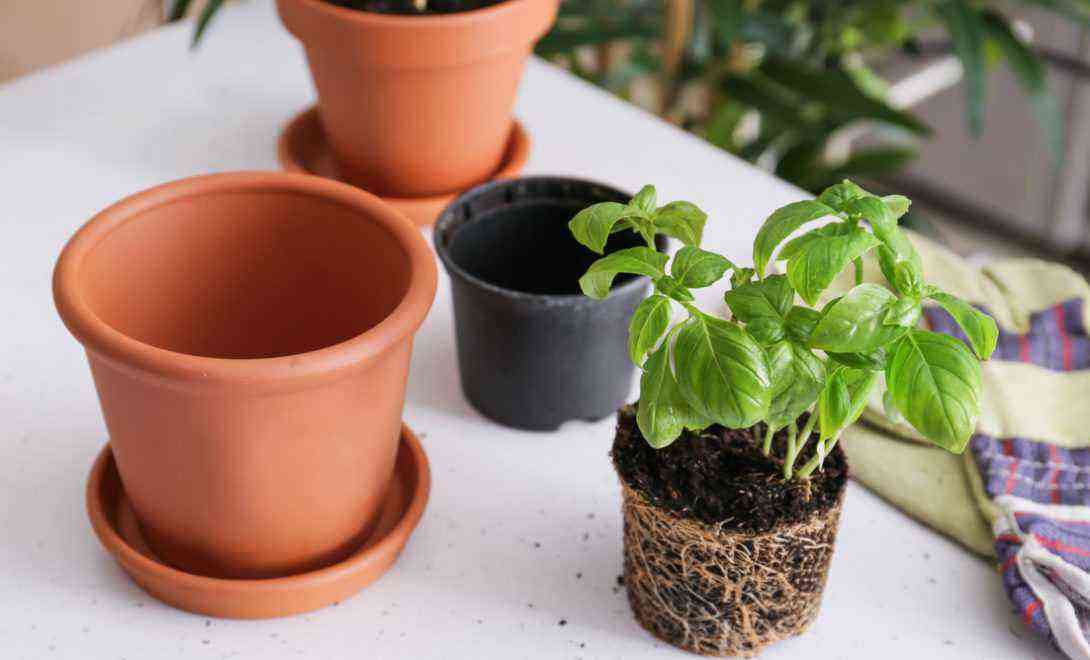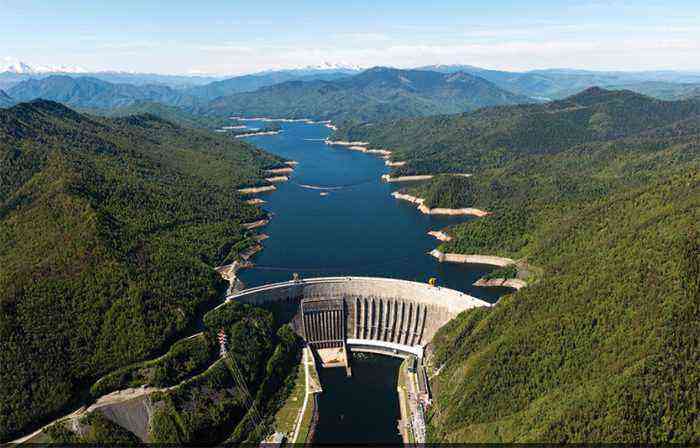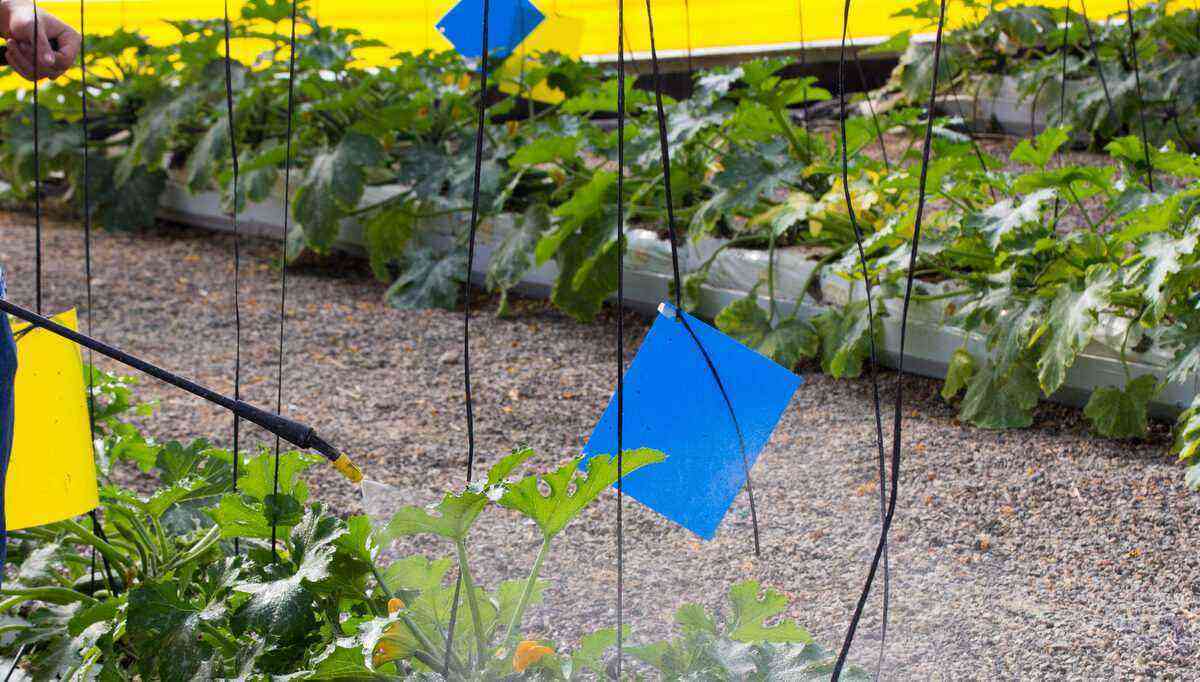When we talk about high performance in the field, we are talking about the union of innovative techniques. They are the result of the use of equipment and essential materials for the development of the crop, such as the use of NPK fertilizer. It is used to fertilize the soil, taking the nutrients necessary for the healthy growth of crops.
With its different formulas, in precise proportions for each type of scenario encountered in plant cultivation, NPK fertilizer is a powerful ally of agricultural production.
In this article, you will learn more about NPK fertilizer, what are its advantages for agriculture and how you can use it. Have a good read!
After all, what is NPK fertilizer?
considered a mineral fertilizer, that is, obtained through chemical reactions, the NPK fertilizer is a compound that brings together three types of essential elements to the soil: nitrogen (N), phosphorus (P) and potassium (K). In practice, plants need 16 fundamental nutrients, 13 of which are taken from the soil and the other three are from the air: carbon, oxygen and hydrogen.
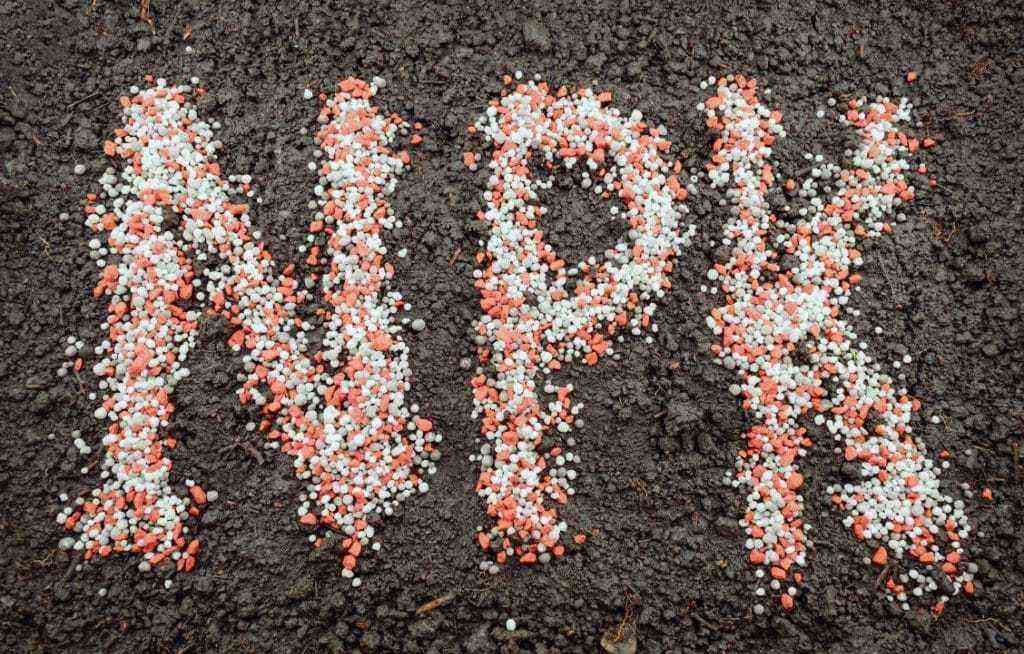
NPK fertilizer is a product that gathers the basic nutrients needed for the crop to develop.
When the soil is not suitable for the development of crops, it is a sign that it is deficient in these nutrients. Nitrogen, phosphorus and potassium are essential elements for plants. Therefore, they must be present in the soil in the ideal amounts for each category of crop. This means that there are different proportions of these elements in NPK fertilizers.
How is your production done?
Considered macro-elements, the production of nitrogen, phosphorus and potassium fertilizers is a chain process that ends with the addition of these three nutrients, which may contain other micronutrients. Briefly, the production of NPK occurs as follows:
- Dry mixing of pulverized materials;
- Granulation of dry mixed materials;
- Mixture of granular materials, being that they can be commercialized in the format of bagging or in bulk;
- Granulation of dry-mixed materials in a process that involves chemical reactions, generally they are reacted with substances such as ammonia and sulfuric acid;
- Wet granulation, in which the materials are semi-liquid.
Currently, Brazil imports more NPK fertilizer than it produces. According to a 2017 survey, the country needs to import approximately 80% of the total used in agriculture. This has been a reason for discussion in the agricultural sector, because it is a factor that interferes with our prices. It even impacts agricultural exports.
Last year, for example, Brazil had a record consumption of NPK fertilizer due to record harvests. In 2019 alone, fertilizer imports totaled a value corresponding to 29,5 million tons. Despite the crisis caused by the new coronavirus, the market still has a forecast of keeping up with this type of fertilizer.
What are the advantages of NPK?
Do you know what each chemical element present in the composition of NPK fertilizer is for?
Well the nitrogen it is responsible for strengthening the plant, favoring the growth of shoots, there are even many nitrogen fertilizers, such as urea, which are widely used.
Meanwhile, the match it is the element that stimulates flowering and fruit production.
O potassium helps plants become less susceptible to pests as it strengthens their tissues.

NPK Fertilizer plays a very important role among all the factors necessary for plant development.
tailored nutrition
NPK fertilizers are available on the market in different proportions. Therefore, there is the ideal amount for the healthy development of the plantation. This means that the soil can be nourished to measure.
In Brazil, for example, soils are generally more acidic. To enhance the effect of NPK it is common for farmers to use a lime solution to make the soil more basic.
It is possible to find NPK fertilizers for use in crops in the following proportions:
- NPK 8-8-8 — indicated for delicate plants;
- NPK 10-10-10 — ideal for plants that do not bear fruit or flowers, such as grass;
- NPK 04-14-08 — suitable for plants with flowers and fruits;
- NPK 15-15-20 — mostly used in vegetable gardens.

NPK Fertilizers are found in the right proportions for the type of plant.
direct absorption
As these fertilizers are made through a chemical process, their absorption into the soil is direct, which makes the crop development response faster. Its use is interesting for the no-till technique.
Organic methods, such as using beef bone meal and eggshells, need to go through the decomposition process so that their nutrients are absorbed by the soil.
How do you use it in agriculture?
To use the NPK fertilizer, it is necessary to consider some essential precautions. Despite being a beneficial resource for the soil and the development of the crop, if used incorrectly it can cause serious damage to your plantation.
With that in mind, we have chosen below the main precautions for this type of fertilization. Check it out:
use the right combination
The first step for the application of NPK fertilizer in your crop to work is to use the dosage corresponding to the type of plantation you have. Above, we cite some examples of concentrations and which plants they are for. However, there are other samples. You must check the manufacturer’s indication at the time of purchase.
Know how to choose machinery
It’s no use having a good product if you don’t have quality machinery to be able to fertilize. Fertilizers and sprayers can be used to apply NPK fertilizer to the soil. If you still don’t have this equipment, an interesting tip is to choose to purchase used machinery. There are many of good origin and with high performance, which will add a lot to your production process.

NPK fertilizer can be applied in fertilizer spreaders and sprayers. An important ally for farming.
Discover sustainable code
Approved in June 2019 at the UN (United Nations), the International Code of Conduct for Sustainable Use and Management of Fertilizers presents guidelines, that is, guidelines for countries. They are not mandatory, but many countries, including Brazil, seek to follow them as a way of directing the sustainable growth of the agricultural sector.
In Brazil, there is already a regulation that regulates how fertilizers should be used. It is important to remember that fertilizers are not synonymous with pesticides. Unlike these, NPK fertilizers do not harm the soil.
Choose a trusted supplier
Being able to rely on a reliable supplier is essential to ensure that you are actually purchasing an NPK fertilizer. In addition, with a partner that is synonymous with reference and quality, you have the support you need to access content on the subject and clear up your doubts about the product, thus ensuring the effectiveness of the fertilizer.
The use of NPK fertilizer is good practice to ensure a more productive and quality farming, is not true?
We hope that with this special text on the subject you have learned more and can feel confident in purchasing the product for your plantation.
What do you think about increasing the productivity of your farming? If you are looking to expand your business, our tip is to use NPK fertilizers.
At MF Rural you will find the best products available on the market. Access our marketplace and check it out!






